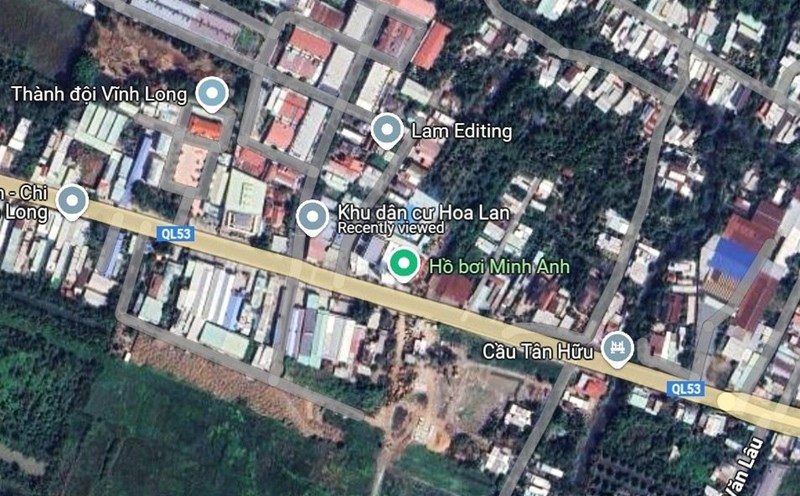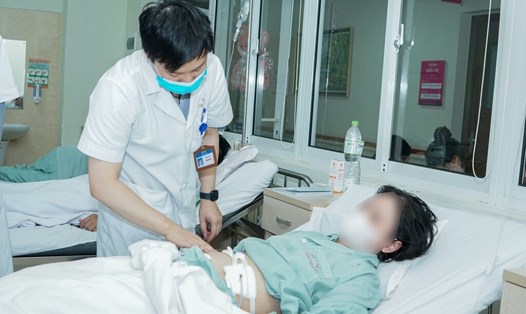Recently, boy X (8 days old, born 30 weeks early, a fetus in an nghiem, weighing 1.2 kg) was admitted to the hospital in a state of a flat belly and blue fluid. The child was diagnosed with intestinal perforation due to necrotizing enteritis.
Patient X had emergency surgery and cut off the necrotizing intestines, then reattached the intestines of the patient. Thanks to timely intervention and special care in the Neonatal Resuscitation Department, the child was transferred to the Neonatal Department and had digestive function restored.
Dr. Pham Ngoc Thach - Deputy Director of Children's Hospital 2 said that every year the hospital receives about 30 cases of necrotizing enteritis. This is one of the most dangerous diseases in premature babies.
The disease can lead to serious bowel damage, sepsis and even death if not detected early. The disease is not only a big concern for parents with premature and low birth weight, but treatment is also a race against time.
For a mild period, children need to stop eating mouth sugar, nourish themselves through veins and take antibiotics. During the severe stage, the child needs surgery to remove the necrotic intestine.
Factors affecting necrotizing enterocolitis in infants include premature birth, low birth weight; drinking formula milk early; lack of oxygen at birth, neonatal infections.
To recognize the disease early, parents need to pay attention to signs such as a tight abdomen, skin on the abdomen that may change color to green or redness; blue or bloody vomiting; bloody fecal diarrhea, poor feeding; fever or unusual hypothermia.
If your baby is breastfeeding, control infections well and closely monitor unusual signs, it can significantly reduce the risk of disease and improve the baby's prognosis.
To prevent necrotizing enterocolitis, Dr. Pham Ngoc Thach recommends that parents should breastfeed their children to provide optimal nutrients and immunity.
At the same time, increase your intake slowly according to the doctor's instructions; wash your hands before taking care of your baby, limit contact with sources of infection. If there are any unusual signs, parents need to take their children to the hospital immediately.









